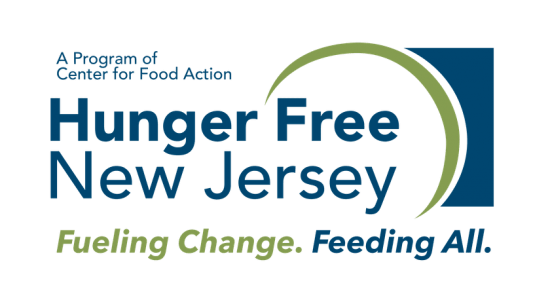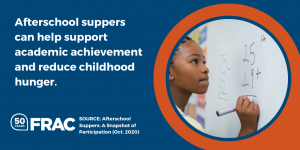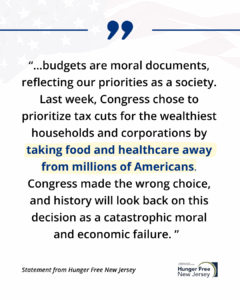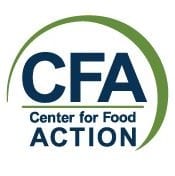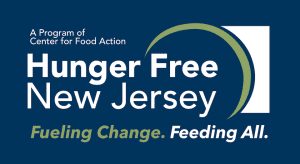New Jersey is heading in the wrong direction when it comes to serving afterschool suppers to children who may be going home to an empty dinner table.
And that was before the pandemic hit.
According to a new Food Research & Action Center report, New Jersey saw the steepest drop in the nation in the number of children receiving afterschool suppers, declining a concerning 21 percent. Nebraska had the next highest drop at 12 percent.
These were the only two states to see a decrease of more than 10 percent in this federally-funded child nutrition program, according to Afterschool Suppers: A Snapshot in Participation.
“This is alarming,’’ said Adele LaTourette, director, Hunger Free New Jersey. “This substantial decrease means that fewer needy New Jersey children were receiving afterschool suppers even before the pandemic.’’
Afterschool meal service likely lower now
Although the USDA has relaxed rules to make it easier for schools, local government and community organizations to serve afterschool snacks and suppers during the pandemic, anecdotal evidence suggests that even fewer of these meals are being provided since so many afterschool programs are closed or operating remotely, LaTourette said.
“It is very likely that we are reaching even fewer children than documented in this report,’’ LaTourette said. “And this is during a time when more and more families are struggling to put food on the table.’’
In October 2019, New Jersey reached less than 5 percent of low-income children who receive free and low-cost school lunch – or about 19,000 children on an average day in October 2019. FRAC sets a benchmark for serving supper to at least 15 percent of these students.
If New Jersey had met that goal, communities could have collected an additional $2.6 million in federal reimbursements in October 2019 alone and fed an additional 40,000 children, the report found. When states fail to meet the benchmark, they miss out on federal funding and children are more likely to face hunger.
Nationally, the number of children served afterschool nutrition rose, reaching more than 1.4 million low-income children on an average day in October 2019. Supper participation increased by nearly 87,000 a day from the year before.
NJ drops to 21st nationwide
The report ranks all 50 states and the District of Columbia on participation in afterschool suppers and snacks. New Jersey ranked 21st for supper service in 2019, down from 17th in 2018.
Afterschool nutrition programs play a key role in reducing hunger and supporting quality afterschool enrichment programs, research shows.
LaTourette said the New Jersey Department of Agriculture, which administers the program on the state level, should take steps to understand the pre-pandemic decline, while also stepping up efforts to engage more organizations, especially school districts, to serve afterschool snacks and suppers during the pandemic.
“Feeding America projects that New Jersey will see a 75 percent increase in hungry children by the end of 2020, due to the pandemic,’’ she said. “It is critical that we maximize use of federal child nutrition programs to make sure that does not happen.’’
Follow Hunger Free New Jersey on Twitter and Facebook.
###
For 50 years, the Food Research & Action Center has been the leading national nonprofit organization working to eradicate poverty-related hunger and undernutrition in the United States. To learn more, visit FRAC.org and follow us on Twitter and on Facebook
